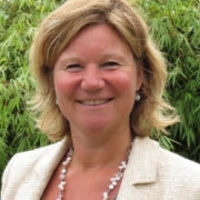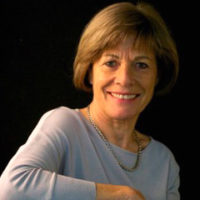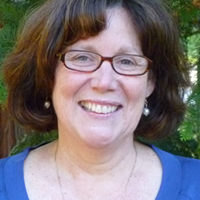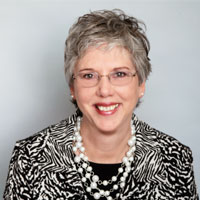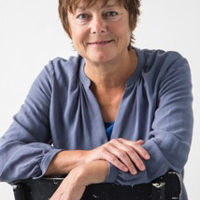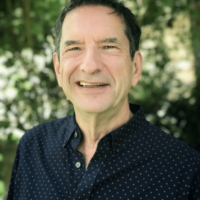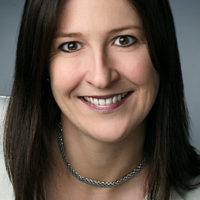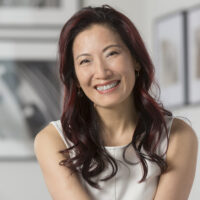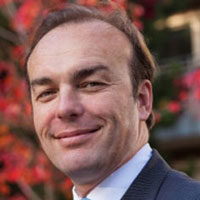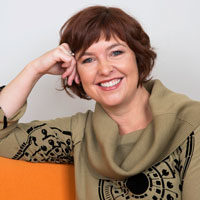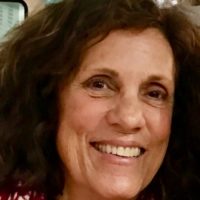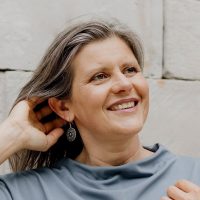February is the Valentine month. Last week we began a month-long celebration of the African concept of Ubuntu – “I am because you are.” In particular, we are celebrating heroes of the heart.
Each one of us can name our own personal heroes of the heart—people who have touched us deeply, who have helped us understand what unconditional love truly is, and who may have touched the hearts of many others as well. While there have been many heart heroes in my own life, there are two stories I feel moved to share.
I grew up in a small town in the southern part of the U.S. Living next door to us in a big, very old house, was a wise and colorful woman named Mrs. Winn. She had been an antique dealer earlier in her life, and her house was filled to overflowing with curious things – so full that you could hardly walk through it. In fact, there were only two rooms that she allowed people to visit. Except for me. I was free to wander and explore and discover everywhere. I just had to ask permission first. She and my grandmother discovered that some of our ancestors shared the same family name. Since we were so fond of each other, we took great delight in deciding that we must be distant cousins. And so she became “Cousin Lucy.”
We moved to this small Kentucky farm town when I was six years old. For the nine years that we lived there, every afternoon after school I went straight to Cousin Lucy’s house. I couldn’t wait to get there. We had amazing conversations about national and world events, about creativity, about respect, about family. We talked about everything. Although she was older than my grandmother, she treated me as her equal in our conversations. She taught me to play Chess, to make clay pots on her potter’s wheel, and to love tea. She taught me about life. She was a living example of Ubuntu. I was growing and becoming because of her presence in my life.
One afternoon when I arrived, she was very concerned about a nephew and his wife who were getting a divorce. In southern U.S. society in the 1960s, divorce was still considered a scandalous thing. The rumor mill in our little town could be vicious, and the gossip was flying. She wondered aloud to me, “Why can’t people leave them alone? They are two wonderful people who are discovering that they want different things in life. They each have to find their own way now.” And then she looked me straight in the eye and said, “Don’t ever forget as you make your way in the world that every heart has its own story.” Ubuntu.
After we moved to another city, I continued to visit Cousin Lucy as often as possible. In her mid 80s, she remained mentally alert. But at a certain point, she knew she could no longer care for herself. She packed a suitcase, called a taxi, locked the door of her magical house, and checked herself into a nursing home. No regrets, no sadness—just the next step of life. She never went back to her house again.
When I arrived at the nursing home for what would be my last visit with her, I found her sitting in a wheelchair outside the door of a man’s room. I asked her why she was sitting there, and she replied, “The man in there is going to die today. The doctors have been rushing in and out all morning, and I know that today he will die.” She was so clear in her embrace of death as a part of life. She went on, “His wife is in there with him, and when he dies, she has no one. So I’m just going to sit here until he dies so that there is someone here for her.” Ubuntu.
We sat and talked about all that was happening for me professionally as a singer in New York, about the people I was meeting and the travels I was experiencing and she was so excited for me. She wanted to know all about it. Although I didn’t share this with her, it was also a time of great personal challenge for me. As I was leaving, she called me back to her once more. She took my hand, again looked me straight in the eye with her soft but direct gaze, and said, “You are living a wonderful life, and yet I know that there are parts of your life that I may not understand. Probably others don’t either. That doesn’t matter. What matters is that you are love. Don’t forget that. You are always in my heart and I love you.” Ubuntu. Somehow I think she knew we were saying our last goodbye.
It’s been more than 40 years since I last sat in Cousin Lucy’s sitting room. Yet I can still close my eyes and be right back there again, me in “my” chair and she in hers, with a pot of tea and cookies between us. A little boy and a wise old woman lost in wonder and discovery, and in the love that embraced us. Cousin Lucy will always be a heart hero for me. Ubuntu.
A few years ago, a very close friend found herself in the position of being the caretaker for her mother. Theirs had always been a very difficult relationship. Her mother had been very critical and judgmental of every choice she had made in life. When it became clear that there was no one else to be her mother’s caretaker, my friend reluctantly accepted the role. It was hard—really hard.
After a few months, with her mother continuing to be harsh and critical, she thought, “I can’t keep doing this. I can’t go on.” Just as she was about to give up, she instead set a very clear intention to heal their relationship. She acknowledged that, in her mother’s eyes, she would never do anything right, so she let go of trying. Instead, she chose to “Be the love that I am.” That phrase became her mantra. As she went about her caretaker duties, she kept saying that mantra over and over again. “Be the love that I am.”
An amazing thing happened. Within days, the energy between them started to soften. Her mother got quieter. The tension began to ease. And a few weeks later, her mother said to her gently, “You are so good. You are so good.” In their last few months together, they found a deep love for one another. They learned compassion for each other. And they each helped the other shine as the love that they were. Ubuntu.
Who are the heart heroes in your life? Who are the people about whom you could say, “I am because you are?”
It is perhaps not so hard to imagine being a heart hero for someone you care about deeply—for a family member or friend. It certainly is important to share the Ubuntu space with those we care about. Yet where might you also encourage Ubuntu in your professional or public life? Where in your workplace or leadership can you make a difference simply by your presence—“by being the love that you are” and trusting that what needs to happen will follow?
The power of Ubuntu. It could change the world.
P.S. If you want to further explore the power of the heart, Chapter 12 of my first book, Intuitive Living, might be a good place to start. It’s the chapter about the heart chakra. The book is also available in digital format for most e-readers, including Kindle and iBooks.
If you enjoyed this blog post and found it helpful or inspiring, I invite you to subscribe to our free weekly newsletter by clicking here.





